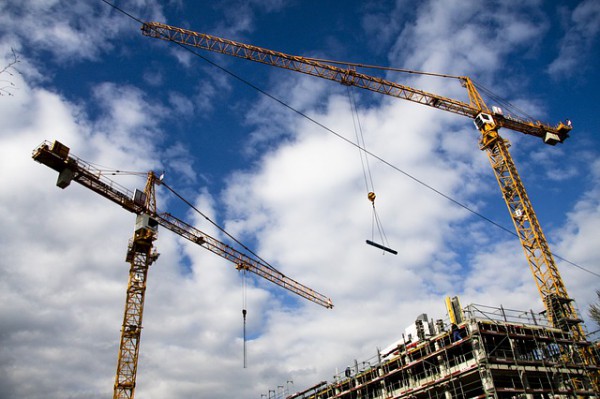Rajneegandha Greens: Lessons for Pre Launch Property Buyers

This is yet another case of fraud, where the builder duped innocent buyers and home seekers. Back in 2011, Sunil Kumar Rajput registered his company as Rajput Properties and Developers and launched the project Ragneegandha Greens in sector 1 Greater Noida. Around 400 people invested in the project worth around Rs 500 crores. When investors enquired, they found that the project did not even start its construction in 2014, following which they lodged a complaint.
After further investigation by the police, it was known that Rajput did not have any land in Sector 1 Greater Noida, and that the project did not even exist. Rajput claimed to have paid an MLA of UP a sum of Rs 2.5 crores for the land, which he was denied as he couldn't make the full payment.
This is not the first case where the builder has duped people, getting them to invest in a project that does not exist. Developers and builders often create rosy pictures of projects and sell them to investors. One should be alert enough and check certain details before investing in real estate. Buying a house for the first time may be overwhelming, but follow this checklist, before making any monetary transaction.
 Photo Credit: Jurgen Rubig/Pixabay.com
Photo Credit: Jurgen Rubig/Pixabay.com
Background Check It is not easy to know, how and what the future of a project will be, but you should always do a background check of the developer. You can surf through different news and data available online and offline to check if the desired builder was involved in any fraud or scam. If you have shortlisted a project, then check with your friends who have invested with the builder to get a candid opinion about the developer. Brokers and agents can also help you in getting information. It is advisable to go for a reputed builder, for a lesser risk of fraud.
Legal Matters Law and legal papers are difficult to understand, which make it easier for builders to use them against you to dupe you. Check if the builder has obtained a clear title of the land or plot that he is planning to establish the project on. You can check and verify the ownership documents with the government revenue records, which helps you gain knowledge about the status of the land. This clarifies whether the land is marketable, and also provides details of any claims and encumbrance on the land. Seek the advice of a lawyer or legal consultant who can help you in ensuring that the builder has the required documents, certifications and registration.
Land Matters It is important to check the land on which the property is to be constructed. Developers and builders use agricultural land for various residential and commercial construction projects. Make sure the builder has the required approval from the concerned authority to use the agricultural land for construction and development. The permission is usually granted by the Collector, who marks the time and duration when the land was converted from agricultural to non-agricultural land. Check the land revenue tax receipts issued by the village tehsildar, which is issued once the land revenue tax is paid.
Adivasi land can only be traded amongst some recognized tribes, and is not available for purchase, unless the government has acquired it under the land acquisition scheme. In acquisition cases, you need to check whether the land has been reserved for any specific project, like irrigation, and also if the owner has been notified about the acquisition by the central or state government.

Documents and Certificates
- Encumbrance certificate: It declares that the land is not involved in any legal dispute. The sub registrar's office, where the deed for the land is registered, can provide the certificate.In case it involves more than one owner; you need the certificates from the respective owners to make sure that all the payments have been cleared. Rely upon the encumbrance certificate available for the past 13 years. It will be even more satisfying if you ask for a 30 years clearance certificate.
- Release Certificate: This certifies that all loan payments against the land have been made. The land might have been pledged previously for a loan. Ask the developer to produce the release certificate issued by the bank.
- Agreement papers: Once you are done with all the legal formalities, prepare an agreement on a Rs. 50 stamp paper to clarify that both the parties (the seller and the buyer) have agreed on the declared price. Remind your advocate to carefully mention other details like the date of advance payment, date of actual selling and buying and other details of the land purchase.
After going through all the formalities and verifying the authenticity of the land, finally get it registered. But yes, make sure that you carry all the documents and tax receipts, which you can eventually submit at the sub-registrar office.